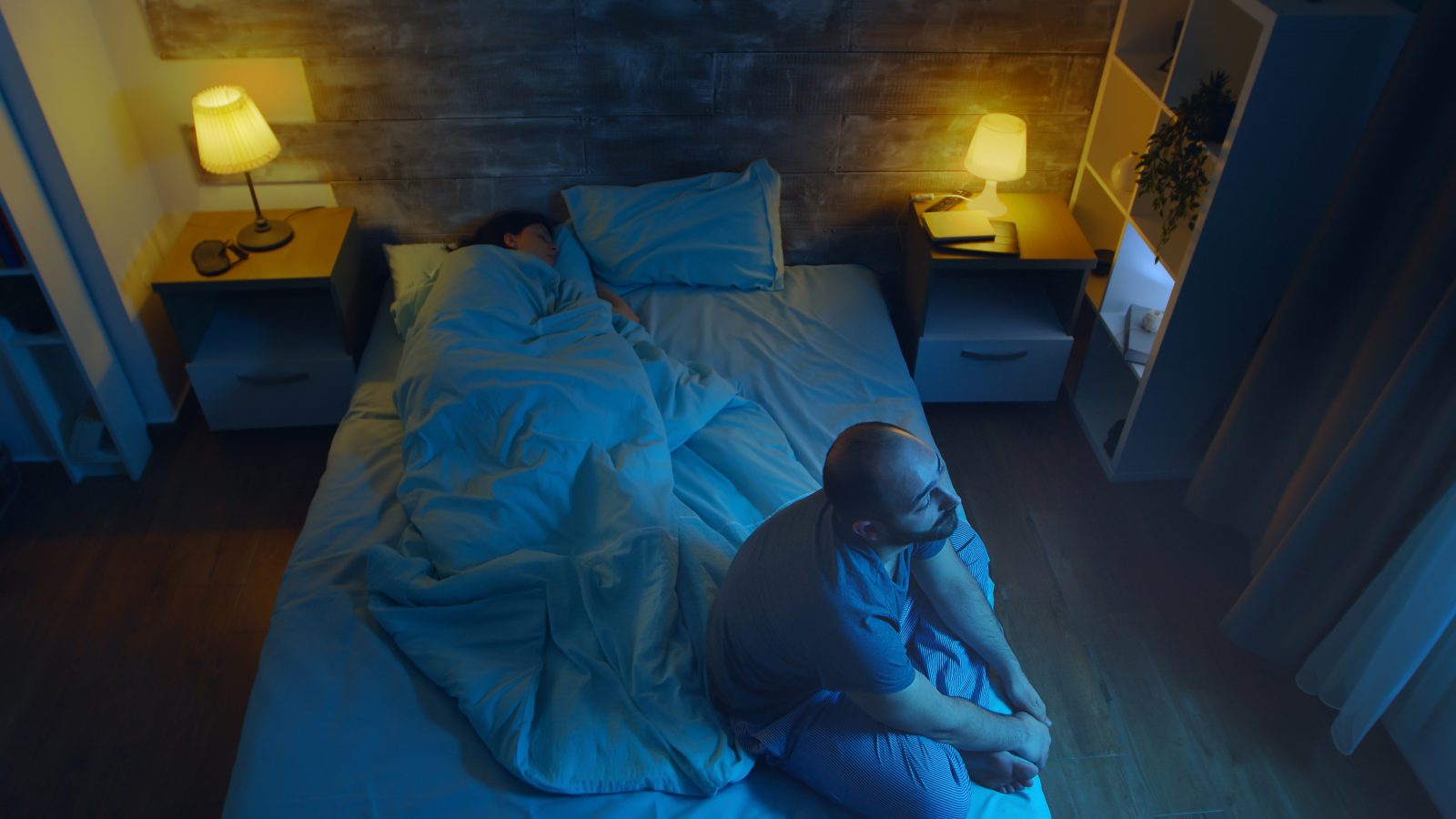If you lived in an “ideal” world, you could sleep in until you felt refreshed and then start your day promptly. However, “to go to sleep and wake up” mentality can be challenging to stick to when responsibilities such as work or child care are involved.
When it comes to sleep, the quantity and regularity of your slumber are perhaps the two most crucial factors. If you want to get a good night’s sleep and find it easier to nod off, try going to bed while it’s already dark outside. Getting enough sleep on a consistent basis can also help avoid negative health effects.
Here are some tips for the best possible sleep, which you can use as a basis for designing your own personalized routine.
The ideal time for sleep
People should get to bed earlier and get up earlier so that they can maximize their day. This conforms to our natural inclination to adjust our sleeping schedule to the sun’s. After the sun goes down, you may notice that you feel sleepier than usual. Your typical morning wake-up time will determine the exact time. The quantity of sleep you require per night is yet another factor to think about.
The mechanism of our daily cycle
The brain’s internal 24-hour sleep-wake cycle is referred to as the circadian rhythm. Similar to the way our bodies keep time. Naturally occurring peaks and valleys in wakefulness and alertness occur throughout the day for everyone. People are more likely to be sleepy between the hours of 1:00 and 3:00 p.m. and 4:00 a.m.
The likelihood that you will experience excessive daytime sleepiness decreases with the quality of your sleep. Your body’s circadian cycle also controls natural sleep and wake times. Your body and mind will adjust to regular sleep and wake times once you establish them.
It’s possible that, in time, you’ll have no trouble falling asleep at night and waking up when your alarm goes off. If you go to bed and get up at different times every night of the week, it could throw off your circadian rhythm. The effect may be excessive drowsiness during the day.
How much sleep is required?
The majority of authorities advise adults to sleep for at least 7 hours each night. Here is a summary:
- 14–17 hours between infancy and toddlerhood
- Between 12 and 24 hours a day, including naps, for ages 4 to 12 months.
- 11–14 total hours per day, including naps, for 1–2 year olds
- 10–13 hours a day, including naps, for ages 3–5.
- 9-12 hours for ages 6-12
- 8 to 10 hours for ages 13 to 18
- Ages 18-60: 7 hours or more
- 7–9 hours for those aged 61–64
- 7–8 hours for those over the age of 65
Consequences of lack of sleep
You’re probably not getting enough shut-eye at night if you find yourself falling asleep at inappropriate times during the day. It’s also possible that you’ll have some mishaps, feel cranky, and forget things. Consistent sleep deprivation is associated with additional, more severe health risks such as increasing frequency of illness, high blood pressure, heart disease, diabetes, and sadness due to obesity.
Consequences of sleeping too much
While it has been known for a long time that not getting enough sleep can have negative impacts on one’s health, experts are just now beginning to look into the adverse effects that might come from sleeping too much.
If you find that you require more than eight to nine hours of sleep on a nightly basis, along with the possibility that you require naps on top of this amount, you may be sleeping too much. An excessive amount of sleep can have many of the same negative effects as insufficient amounts of sleep, such as heart and artery issues and irritation brought on by depression.
When is the best time to go to sleep?
The optimal bedtime is the earliest or latest time at which you can reliably fall asleep and wake up at your age-appropriate suggested intervals. If you know what time you have to be up in the morning, you can figure out when you should go to bed to get the minimum amount of sleep each night. For those who must be up at 6 a.m. going to bed earlier than 11 p.m.
One further important step is to establish a regular bedtime routine that you can follow even on weekends. It can be difficult to get back into a regular schedule on Monday morning if you have the habit of staying up late on weekends and sleeping in on weekdays.
In general, getting enough sleep and rising early are two of the healthiest habits you can have. It’s considerably more crucial to ensure that your sleep is both sufficient and of high quality. Maintaining a regular sleep-wake schedule will help you achieve this goal.
If you’re having difficulties falling asleep at night or if you’re still feeling sleepy throughout the day even though you’re following a regular sleep pattern, you should see a doctor. This may point to concerns with the quality of your sleep, which needs to be looked into.
















Find Us on Socials